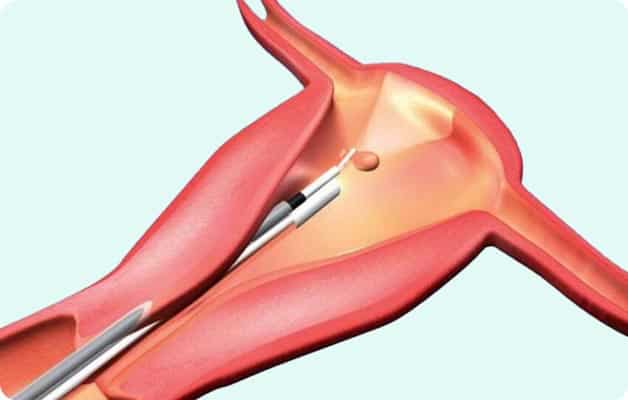The exact cause of male breast cancer is often unclear, but several risk factors have been identified. Some of the known risk factors for male breast cancer include:
1-Age: The risk of breast cancer increases with age, and it is more common in older men.
2-Family History: A family history of breast cancer, especially in first-degree relatives (such as a mother, sister, or daughter), can increase the risk.
3-Genetic Mutations: Inherited mutations in certain genes, such as BRCA1 and BRCA2, are associated with an increased risk of breast cancer in both men and women.
4-Radiation Exposure: Prior radiation treatment to the chest area, often for other cancers, can increase the risk of developing breast cancer.
5-Hormonal Factors: Conditions that alter hormone levels, such as Klinefelter syndrome, liver disease, or hormonal treatments like estrogen therapy for prostate cancer, may contribute to an increased risk.
6-Testosterone Replacement Therapy: Some studies suggest a potential link between long-term testosterone replacement therapy and an increased risk of male breast cancer, though more research is needed.
7-Liver Disease: Certain liver conditions, such as cirrhosis, can be associated with hormonal changes that may increase the risk of male breast cancer.
8-Obesity: Being overweight or obese may be a risk factor for male breast cancer, although the relationship is not fully understood.
It’s important to note that while these factors may increase the risk, many men diagnosed with breast cancer do not have any identifiable risk factors. Regular breast self-exams and seeking medical attention for any unusual changes or symptoms in the breast area are crucial for early detection and effective treatment. If someone has concerns or a family history of breast cancer, consulting with a healthcare professional can provide personalized information and guidance.
Choose excellence in breast cancer diagnosis. Visit Dr. Rajinder Kaur Saggu, your trusted Breast Cancer Diagnosis Center in Delhi. Schedule your consultation today for compassionate care and accurate assessments.




